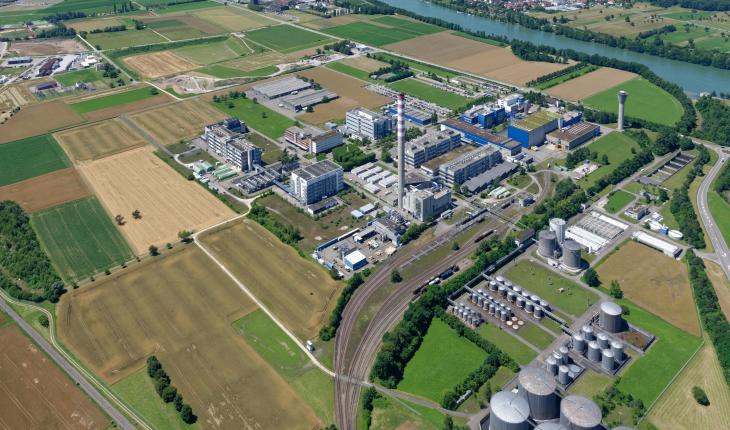Gabriela Hug

Prof. Dr.
Gabriela Hug
Co-Director
PI
Executive Committee Member
Automation and interdisciplinary collaboration are key ingredients to make the vision of sustainable and resilient electric power systems a reality.
Gabriela Hug is Professor at the Power Systems Laboratory of ETH Zürich. She obtained her MSc and PhD degrees from ETH Zürich in 2004 and 2008, respectively. After her studies, she worked as an Assistant Asset Management Engineer for Hydro One in Toronto. In 2009, she became an Assistant Professor in the ECE Department of Carnegie Mellon University and joined ETH Zürich in 2015. Her work focuses on developing methods for the efficient operation and planning of future electric power systems.


















